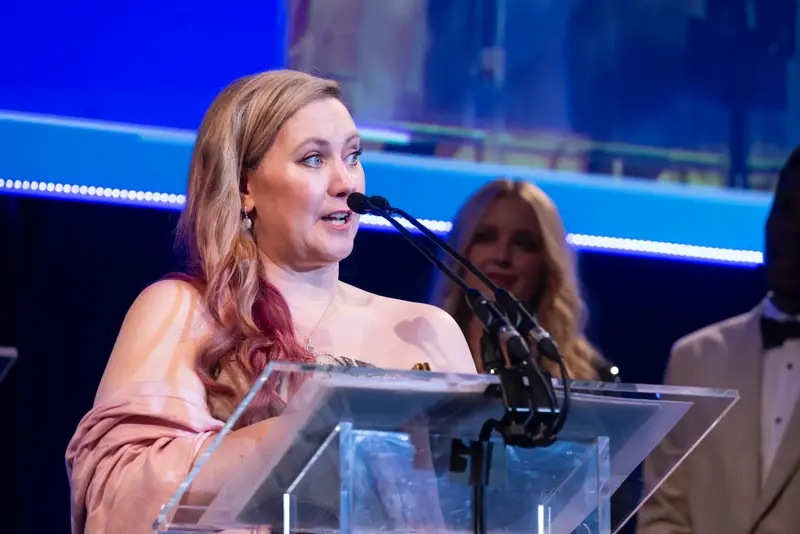CLPE Reflecting Realities 2024 | Before and after Reflecting Realities
After a promising period, publishers’ commitment to representation seems to be waning. Is inclusion being relegated to just another trend?
Ten years ago, Letterbox Library met with the Centre for Literacy in Primary Education (CLPE) to discuss our work. Our understanding about inclusive books—from our perspective as booksellers, from theirs as a literacy charity—chimed perfectly. We both recognised the symbiosis between reading for pleasure and representative books, as well as the key role inclusive literature can play in forming positive identities, leading in turn to educational attainment. We also both bemoaned the meagre offerings of UK publishers. From Letterbox Library’s earliest days, we have been lobbying UK publishers to address this need. Invariably this was met with questions about whether we could identify the exact scale of the problem. We could only ever cite North American statistics. If only, we stressed, someone would initiate that research in the UK, giving us all a foundation to facilitate our advocacy.
And so, the impact of the Reflecting Realities research has been seismic for us. Letterbox Library was set up in 1983 to respond to parents and carers looking for books that represented their identities, families and communities. We soon morphed into an education supplier as schools heard about our work. For us, there is a clear “before” and “after” Reflecting Realities. During the “before”, we scrabbled together UK books that met our criteria but were forever forced to look abroad to reach the volume and the range we needed. We never wanted to be so reliant on international publishers but it was the only means of stocking a significant number of books with characters of colour who had true agency in the text. The sourcing and selecting was hard graft. Our team of independent education reviewers also kept us on our toes, ensuring our imports would resonate with UK schools and that we didn’t compromise on the quality of representations.
Trends are for genres, surely not for representation itself.
The “after” has radically transformed the sorts of books we can now bring to schools. Of course, the UK publishing landscape had already started to shift prior to this research—it’s worth noting that our last significant bulk import from the US was in 2011. But that shift felt truly laborious. The CLPE’s annual reports accelerated and sustained a far more focused opportunity for the publishing industry to evaluate its output and reckon with the creative possibilities and the economic potential, as well as the ethical impulse, to publish inclusively. In our own discussions with the 50+ publishers we buy from we could now draw on robust research to better frame our market needs. We were no longer just reliant on anecdotal evidence from our school customers on the volume needed and on our reviewers’ feedback for the quality needed. Crucially, we could point to the practical tips extended to the industry by the research as it delved into the detail of how to tune up inclusive representation for excellence.
The publishing gaps were laid bare with the first report. We witnessed a range of responses from the publishers we knew. Many saw a chance to grow their audiences and bring in new voices. Others were, let’s be honest, defensive. Overall, there was an encouraging stutter and then a lurch forwards, an upwards trajectory which was, as acknowledged in later reports, further escalated by wider socio-political events. The sheer quantity of home-grown, representative, children’s books gave Letterbox Library a far bigger pool to choose from. The quality still varied. Interestingly the percentage of books that met our review team’s approval shifted only slightly, but the books which did get through also met a record approval rating—the bar had been raised. The industry was starting to meaningfully grasp the full creative scope of publishing inclusively. All benefits we could pass on to our end users—young people and children, the market we had never doubted.
In 2023 we noticed a change. Our publisher reps were highlighting fewer titles. AI packs grew but our pickings felt meaner. The volume turned down on creators of colour who had only recently been fêted. Commissioned series were being ended prematurely. Our unease was echoed by other literacy organisations. Sadly, this latest CLPE report has cemented our concerns. The stats show not just a decrease in ethnically representative literature, but a nosedive. We are having flashbacks to what Letterbox Library used to refer to as “multicultural wallpapering”, where characters of colour are confined to the background, serving only to make a title appear “contemporary” and where all the speaking parts have been reserved for white characters.
The Reflecting Realities research has shared the steps needed to make our children’s reading diets truly inclusive. For many booksellers, the industry’s explorations into the possibilities of representative publishing has made the children’s literary landscape feel more dynamic, inventive and creative. We don’t see the sense of turning back on this. The case has been made. If this most recent narrowing of that landscape isn’t a temporary anomaly then perhaps we could ask publishing houses to reflect on and share with us their case for not persisting in this energetic enterprise. Because, surely, the argument isn’t that inclusive books are a publishing trend. Trends are for genres, surely not for representation itself. Surely not for identity, for belonging.
Read more responses to the CLPE Reflecting Realities report here.

















